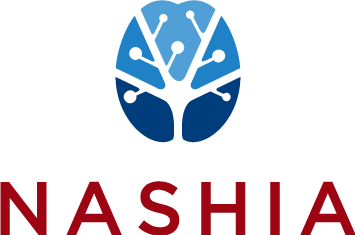Connecting Communities at the Intersection of Brain Injury and Domestic Violence
The Pennsylvania Department of Health and Pennsylvania Coalition Against Domestic Violence have released a collaborative toolkit designed for professionals from intersecting fields. This resource aims to empower individuals, whether in the realm of domestic violence support, brain injury support services, emergency medical services, social work, or substance use. Each section of this toolkit has been crafted to cater to a specific role.
The goal is simple yet profound: to facilitate meaningful collaboration among professionals who are, even if they are not aware of it yet, often working with survivors of domestic violence who have sustained some type of brain injury. Unlike approaches where partnerships form reactively, this toolkit encourages proactive engagement. By providing insights into potential indicators and resources, this toolkit is seeking to nurture a community of support around survivors.
In essence, this toolkit serves as a guidebook, emphasizing the importance of early collaboration and the creation of a network of assistance that reaches survivors swiftly, connecting them to vital services. Although there are limitations of individual services in terms of time and resources, uniting professionals and clarifying roles will enhance the support system. This will ensure survivors receive comprehensive support for all their intersecting needs, rooted in survivors’ choices about the options that are safest for them based on their unique situations.
This toolkit is designed for practical use. You don’t need to read it cover to cover. Instead, dive into the sections that align with your profession and start building connections with other professionals referenced here. It’s about fostering a proactive, interconnected approach to supporting survivors of domestic violence and brain injury.

